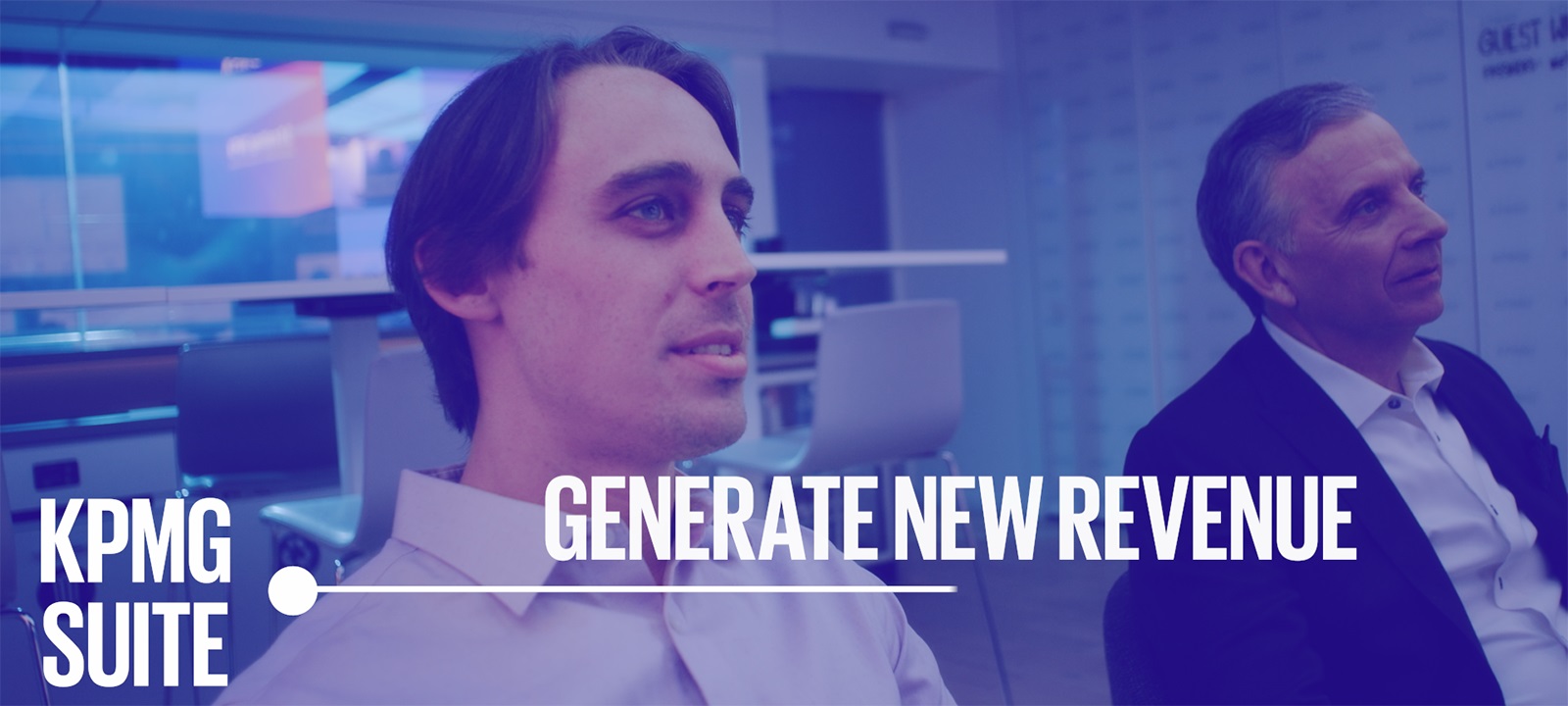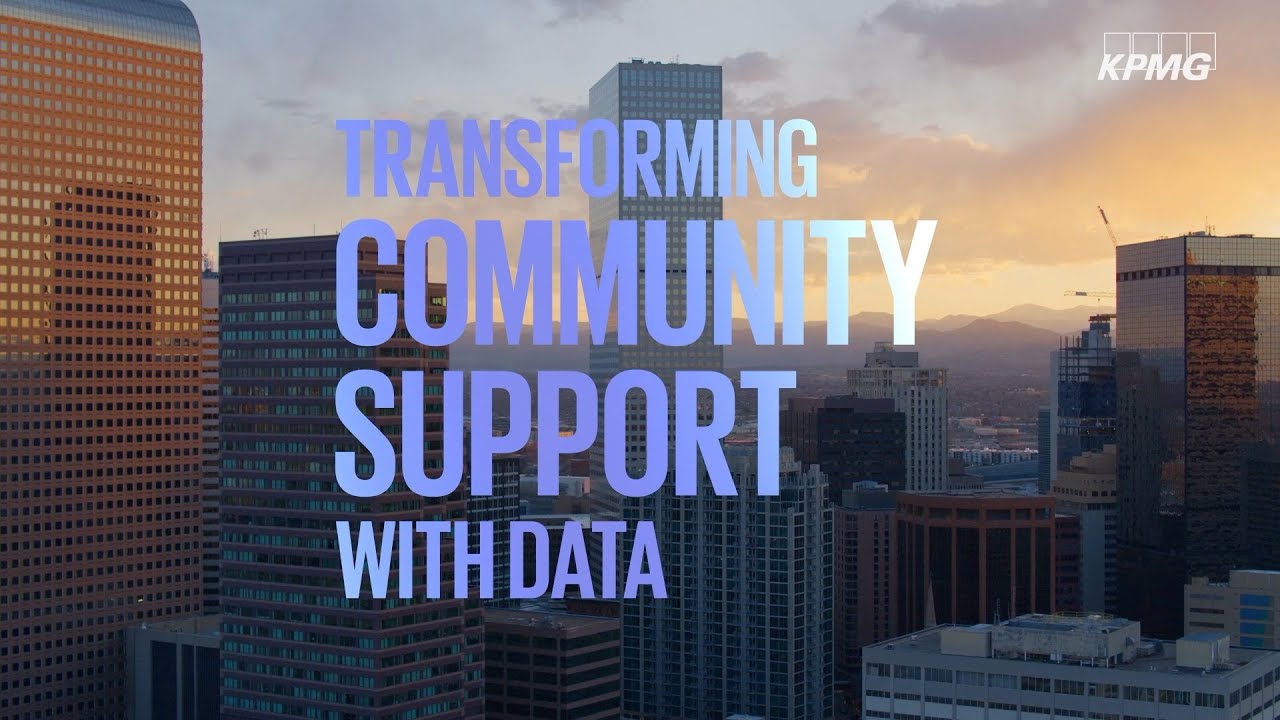
Getting ahead of compound volatility
Explore insights from our survey of U.S. business leaders on the top challenges and opportunities for growth.
Read more2024 Chief Tax Officer Outlook
The fifth annual CTO survey examines the challenges and opportunities facing tax functions today and tomorrow.
2024 M&A outlook for private equity
Driven by renewed confidence and increased access to capital, private equity dealmaking is set to pick up during 2024.
What sets us apart
KPMG. Make the difference.
By offering a wide range of multidisciplinary capabilities, we help you seize new opportunities across your enterprise. Our ability to see both the big picture view and the granular details, allows us to look at business challenges from different perspectives to develop insights with game-changing impact. We make the difference by combining deep skills and experience, advanced technologies, and integrated approaches to help you drive success and realize a future filled with profound potential.
With KPMG, Opportunity is (In)sight
Watch these powerful stories showcasing how we help leading organizations achieve real results.
Subscribe to receive the KPMG Opportunity (In)sight Newsletter
Turn insight into opportunity with unique perspectives and actionable insights addressing the burning issues atop the C-suite agenda. Delivered monthly.
Realize new professional opportunities at KPMG
Join the KPMG team as we build a brighter future together. With the opportunity to specialize in the topics you’re passionate about, you can help leading companies tackle real-world challenges while growing your own skill set and deepening your experiences.










